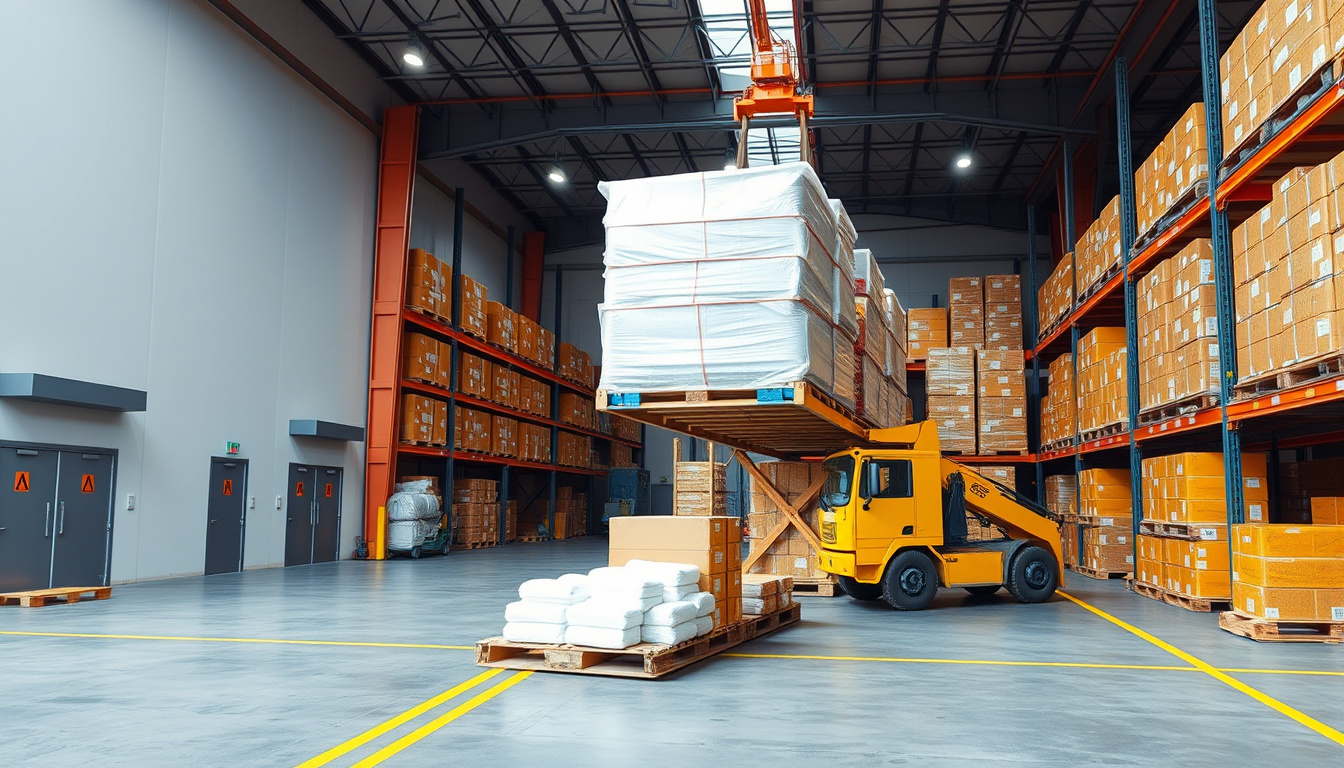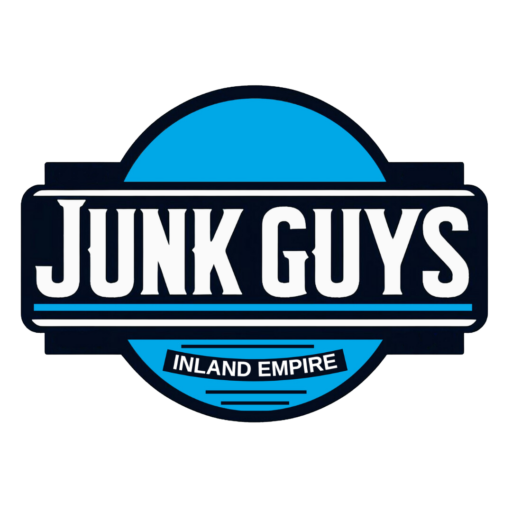In the fast-paced world of transportation and logistics, efficiency is everything. Whether you’re moving construction materials, agricultural products, or industrial bulk goods, mastering bulk hauling is key to streamlining your operations. Bulk hauling involves transporting loose materials in large quantities, often requiring specialized equipment and strategic planning to ensure safety, speed, and cost-effectiveness. In this article, we’ll explore the essentials of bulk hauling, helping you optimize your transportation processes and stay ahead in a competitive market.
Understanding Bulk Hauling: What It Entails and Why It Matters
Bulk hauling is the transportation of large quantities of unpackaged materials such as sand, gravel, grain, coal, or waste. This method is distinct from hauling palletized or containerized goods because it demands specific vehicles—like dump trucks, hopper trailers, and pneumatic tankers—that can handle loose loads safely and efficiently.
Why is bulk hauling crucial? Bulk goods often represent significant value and volume, and inefficient transportation can lead to delays, increased costs, and product loss. Efficient bulk hauling ensures timely delivery, reduces damage, and optimizes the use of freight capacity, leading to considerable savings and improved service quality.
Key Types of Bulk Hauling Equipment
Choosing the right equipment is a cornerstone of successful bulk hauling. Here’s an overview of commonly used vehicles and their ideal applications:
- Dump Trucks: Ideal for construction materials such as gravel, sand, and dirt. Their tilting beds allow easy unloading.
- End Dumps: Useful for heavy bulk commodities like rock and asphalt.
- Bottom Dump Trailers: Great for controlled discharge of granular materials.
- Pneumatic Trailers: Designed for dry bulk powders such as cement or flour; they use compressed air to unload.
- Walking Floor Trailers: Used for waste materials and recyclable goods; these trailers push materials out without tipping.
Choosing the appropriate equipment depends on your specific cargo, delivery locations, and unloading facilities.
Best Practices to Streamline Bulk Hauling Operations
Optimization of bulk hauling isn’t just about vehicles; it’s a combination of planning, technology, and safety protocols. Implement these best practices:
-
Route Optimization
Plan efficient routes using GPS and logistics software to reduce travel time, fuel consumption, and wear and tear on vehicles. -
Load Management
Ensure trucks are loaded to capacity but not overloaded beyond legal limits to maximize economy without risking fines or safety. -
Regular Vehicle Maintenance
Consistent maintenance prevents breakdowns that can halt operations and cause costly delays. -
Real-Time Tracking and Communication
Use IoT devices and logistics platforms to track shipments live and maintain clear communication with drivers. -
Safety Compliance Training
Train drivers and staff on safety regulations to minimize accidents and liability, especially when hauling hazardous bulk materials.
Environmental Impact and Sustainability in Bulk Hauling
As industries increasingly focus on sustainability, bulk hauling companies must also adopt eco-friendly practices. This includes using fuel-efficient trucks, optimizing loads and routes to reduce emissions, and employing alternative fuels where possible. Additionally, recycling bulk materials and minimizing waste through better handling processes contribute to a greener supply chain.

The U.S. Department of Transportation offers guidelines on reducing environmental impacts in freight transport, which can be a valuable resource for companies aiming to improve their sustainability (source).
Bulk Hauling Challenges and How to Overcome Them
Bulk hauling comes with its set of challenges:
- Material Spillage and Contamination: Loose materials can spill, leading to product loss and safety hazards.
- Regulatory Compliance: Bulk haulers must adhere to weight restrictions, safety rules, and environmental regulations.
- Loading and Unloading Efficiency: Poor handling can cause delays and damage.
- Equipment Wear and Tear: Heavy, abrasive materials accelerate vehicle deterioration.
Solutions include:
- Using tarps or enclosed trailers to prevent spillage.
- Staying updated on regulations and training staff accordingly.
- Investing in automated loading/unloading systems.
- Scheduling frequent maintenance and using durable truck liners.
Benefits of Outsourcing Bulk Hauling Services
For many companies, managing bulk hauling in-house is resource-intensive. Outsourcing to specialized bulk hauling service providers offers several advantages:
- Access to a fleet of specialized vehicles.
- Experienced drivers trained in bulk material handling.
- Scalable services matching shipment volume fluctuations.
- Reduced administrative and maintenance burdens.
- Enhanced compliance management.
Outsourcing can lead to improved efficiency and cost savings, allowing your team to focus on core business activities.
FAQs About Bulk Hauling
Q1: What materials are commonly transported by bulk hauling?
Bulk hauling typically involves loose materials like sand, gravel, coal, grain, cement, waste, and agricultural products.
Q2: How can technology improve bulk hauling operations?
Technologies like GPS route planning, IoT tracking, automated loading systems, and logistics software enhance route efficiency, shipment monitoring, and overall operational control.
Q3: Is bulk hauling more cost-effective than other transportation methods?
When done correctly, bulk hauling maximizes load capacity and reduces packaging costs, often resulting in lower transportation expenses compared to containerized shipping.
Conclusion: Take Your Bulk Hauling to the Next Level Today
Efficient bulk hauling is the backbone of many industries and crucial to maintaining a competitive edge in transportation and logistics. By selecting the right equipment, implementing best practices, embracing technology, and considering outsourcing, you can streamline your bulk hauling operations and reap substantial benefits in cost savings, reliability, and environmental responsibility.
Don’t just move bulk materials—move them better. Start optimizing your bulk hauling processes today and watch your logistics performance reach new heights. Contact a bulk hauling expert now to discuss customized solutions tailored to your business needs. Your streamlined, efficient transportation future awaits!
Junk Guys Inland Empire
Phone: 909-253-0968
Website: www.junkguysie.com
Email: junkguysie@gmail.com
